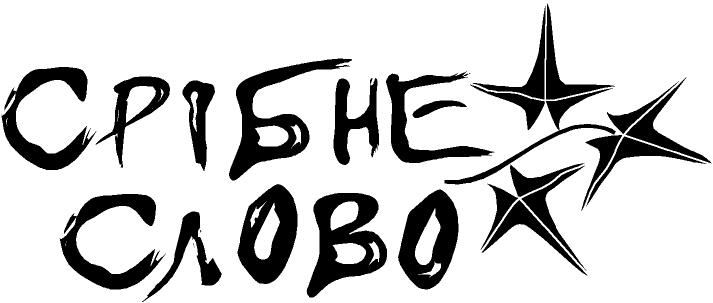- Рубрики
- Філософія, психологія, педагогіка
- Історія
- Політика, право
- Економіка
- Математика
- Фізика
- Хімія, хімічна технологія
- Біологія, валеологія
- Геодезія, картографія
- Загальнотехнічні науки
- ІТ, комп'ютери
- Автоматика, радіоелектроніка, телекомунікації
- Електроенергетика, електромеханіка
- Приладо-, машинобудування, транспорт
- Будівництво
- Архітектура, містобудування
- Мовознавство
- Художня література
- Мистецтвознавство
- Словники, енциклопедії, довідники
- Журнал "Львівська політехніка"
- Збірники тестових завдань
- Книжкові видання
- Наукова періодика
- Фірмова продукція
Оксана Петрушенко Поняття «суспільство знань», його аналіз та оцінка
УДК: 316.4
ПОНЯТТЯ “СУСПІЛЬСТВО ЗНАНЬ”,
ЙОГО АНАЛІЗ ТА ОЦІНКА
Петрушенко Оксана
Львівський медичний інститут
(стаття надійшла до редколегії – 26.10.2016 р., прийнята до друку – 29.11.2016 р.)
© Петрушенко О., 2016
Проаналізовано зміст поняття суспільство знань та останніх публікацій на цю тему, зокрема доповідь ЮНЕСКО “До суспільств знань”. Автор піддає сумніву наукову коректність цього поняття: людина і суспільство не можуть бути редуковані до знання. Проте зазначено, що цей термін може виконати роль проективного поняття та сприяти дослідженню реальних тенденцій розвитку сучасного суспільства.
Ключові слова: суспільство знань, знання, суспільство як система, особистість.
THE NOTION OF KNOWLEDGE SOCIETY, ITS ANALYSIS AND EVALUATION
Oksana Petrushenko
The author analyses meaning of the notion of knowledge society, as in the special investigations, the term is interpreted broadly and ambiguously. The analysis includes main ideas of a well-known management theorist P. Drucker who introduced the term, believing that in modern highly developed societies special knowledge becomes the most important factor of social and economic development. P.Druker’s ideas on knowledge society were developed in the UNESCO report “To the Knowledge Societies” (2005), but in this article, the interpretation of the term is slightly expanded and modified – it is spoken about the need of science and education for the modern knowledge society in all regions of the world on the one hand, and preservation and development of regional indigenous knowledge on the other. Interpretation of the term by educators involves mainly the need for modernisation and changes in the existing educational system.
As for the scientific accuracy of the term, there is a number of observations: 1) the idea of knowledge society was already proposed by F. Bacon, but it was also criticised; 2) in modern texts devoted to public knowledge, this notion is interpreted widely, and often not correctly; 3) in the community, in addition to knowledge, an important role is played by religion, morality and art; 4) in human mentality an important role (except knowledge) is played by will, memory, thinking, feelings and emotions, self-consciousness.
Thus, the author concludes that knowledge society is a technical term which, to some extent, is a utopia as an ideal type by M. Weber since it allows to highlight some new aspects in society, but it does not describe the real state of a society as a system. Both – man and society are complex systems that cannot be reduced solely to knowledge. Basic research methods are as follows: logical, comparative, textual.
Key words: the Knowledge Society, knowledge, science, society as a system, person.
Кількість посилань 10



















